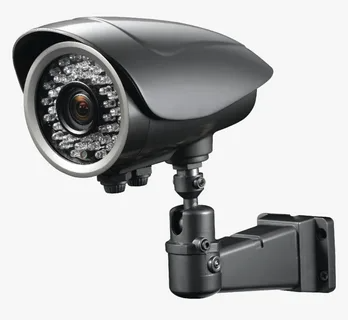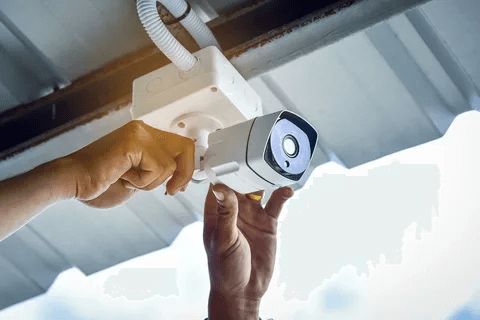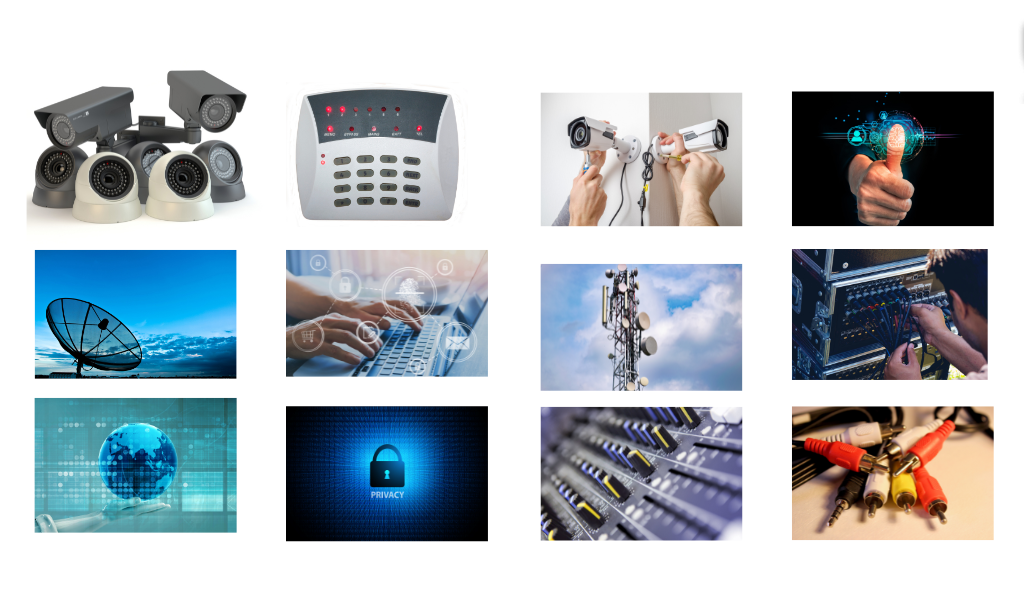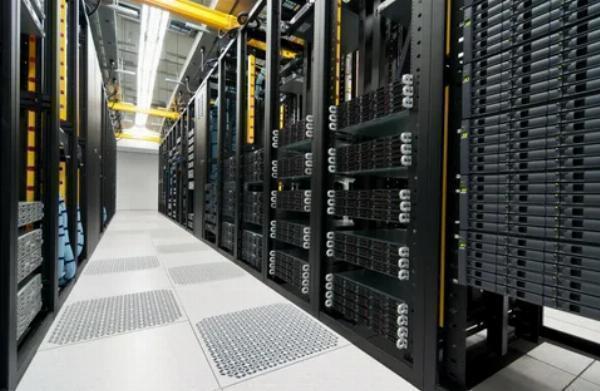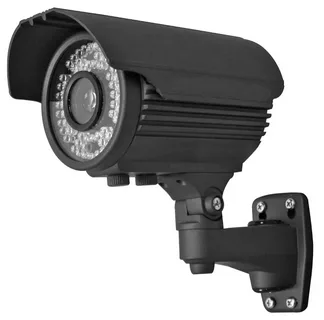Can CCTV cameras track license plates in moving vehicles?
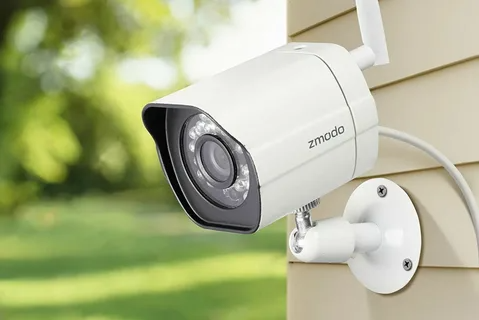
Strong 8k brings an ultra-HD IPTV experience to your living room and your pocket.
CCTV cameras have become an integral part of modern security systems, offering diverse applications that range from monitoring public spaces to securing private properties. A Security Company can leverage advanced capabilities like Automatic Number Plate Recognition (ANPR) or License Plate Recognition (LPR), which enable the tracking of license plates on moving vehicles, revolutionizing surveillance and traffic management across the globe.
Understanding License Plate Recognition Technology
License Plate Recognition (LPR) technology uses optical character recognition (OCR) to read and record license plate information from vehicles. Integrated with high-resolution cameras and advanced software, LPR systems are designed to operate under various conditions, including high-speed movement, low light, and adverse weather.
When a vehicle enters the monitored area, the LPR system captures its image. The OCR software then extracts the alphanumeric details of the license plate, converting it into a digital format. This information is stored in a database and can be used for multiple purposes, such as identifying stolen vehicles, monitoring traffic flow, and enforcing toll collections.
How CCTV Cameras Track Moving Vehicles
Tracking license plates in moving vehicles requires a combination of advanced hardware and software. High-resolution cameras capable of capturing clear images at high frame rates are essential to ensure accuracy. These cameras are often equipped with infrared technology to provide clear visibility during nighttime or in low-light conditions.
The LPR software analyzes the captured images in real time, isolating the license plate from the vehicle and extracting its characters. This process is highly sophisticated, involving machine learning algorithms that can handle diverse license plate designs, fonts, and orientations. Once the data is extracted, it is cross-referenced with existing databases for identification or verification.
Applications of License Plate Recognition in Surveillance
The ability of Security cameras to track license plates has found applications in various fields, enhancing both security and operational efficiency.
Traffic Management and Law Enforcement
In urban environments, LPR technology is widely used to monitor and regulate traffic. By identifying vehicles in real-time, authorities can enforce traffic laws, detect violations such as speeding or running red lights, and manage congestion. The system can also identify vehicles involved in criminal activities, aiding law enforcement in investigations.
Toll Collection Systems
LPR technology plays a critical role in automated toll-collection systems. By capturing license plate details, the system can charge vehicles without requiring them to stop. This streamlines the tolling process, reducing congestion and improving overall efficiency.
Parking Management
In parking facilities, LPR systems are used to monitor vehicle entry and exit. This ensures proper billing, prevents unauthorized parking, and enhances security by maintaining a record of all vehicles that use the facility.
Border and Port Security
At borders and ports, LPR technology enhances security by monitoring vehicles entering or leaving the area. The system can quickly identify suspicious vehicles or those flagged in law enforcement databases, enabling swift action.
Challenges in Tracking License Plates on Moving Vehicles
Despite its many advantages, tracking license plates on moving vehicles presents several challenges. Factors such as high speeds, poor weather conditions, and vehicle angles can affect the accuracy of LPR systems. Additionally, variations in license plate designs and formats across regions may pose difficulties for OCR software.
To address these challenges, modern LPR systems incorporate advanced features such as motion detection, adaptive lighting, and AI-driven algorithms. These enhancements enable the system to maintain high accuracy even in challenging environments.
The Role of Artificial Intelligence in LPR Technology
Artificial Intelligence (AI) has significantly improved the performance of LPR systems. AI-powered algorithms can learn from vast amounts of data, enabling them to recognize license plates with greater precision. These systems can also adapt to new license plate formats and languages, making them highly versatile.
AI integration also allows LPR systems to identify additional vehicle details, such as make, model, and color. This information enhances the system's utility in law enforcement and traffic management, providing a comprehensive view of vehicle activities.
Privacy Concerns and Legal Implications
While LPR technology offers numerous benefits, it also raises concerns regarding privacy and data security. The continuous tracking and recording of license plate information may be perceived as intrusive, leading to potential misuse of data.
To address these concerns, governments and organizations must implement strict regulations and safeguards. These measures should include data encryption, limited access to sensitive information, and clear guidelines on how the data can be used. Ensuring transparency and accountability is essential to maintain public trust in LPR systems.
Future Prospects of License Plate Tracking
The future of LPR technology is promising, with advancements in AI and machine learning paving the way for even more sophisticated systems. Future developments may include enhanced accuracy, faster processing speeds, and integration with other smart city technologies.
As autonomous vehicles become more prevalent, LPR systems will play a crucial role in managing interactions between human-driven and self-driving vehicles. Additionally, the integration of LPR with IoT devices and cloud computing will enable seamless data sharing and analysis, further enhancing its capabilities.
Conclusion
CCTV cameras equipped with License Plate Recognition technology have transformed surveillance and security operations. By enabling the tracking of license plates in moving vehicles, these systems enhance traffic management, law enforcement, and public safety. Despite the challenges and privacy concerns, the potential of LPR technology to improve efficiency and security is undeniable.
As technology continues to evolve, the capabilities of LPR systems will expand, offering even greater benefits to society. However, it is crucial to balance these advancements with robust privacy protections to ensure the responsible and ethical use of this powerful tool.
Note: IndiBlogHub features both user-submitted and editorial content. We do not verify third-party contributions. Read our Disclaimer and Privacy Policyfor details.



